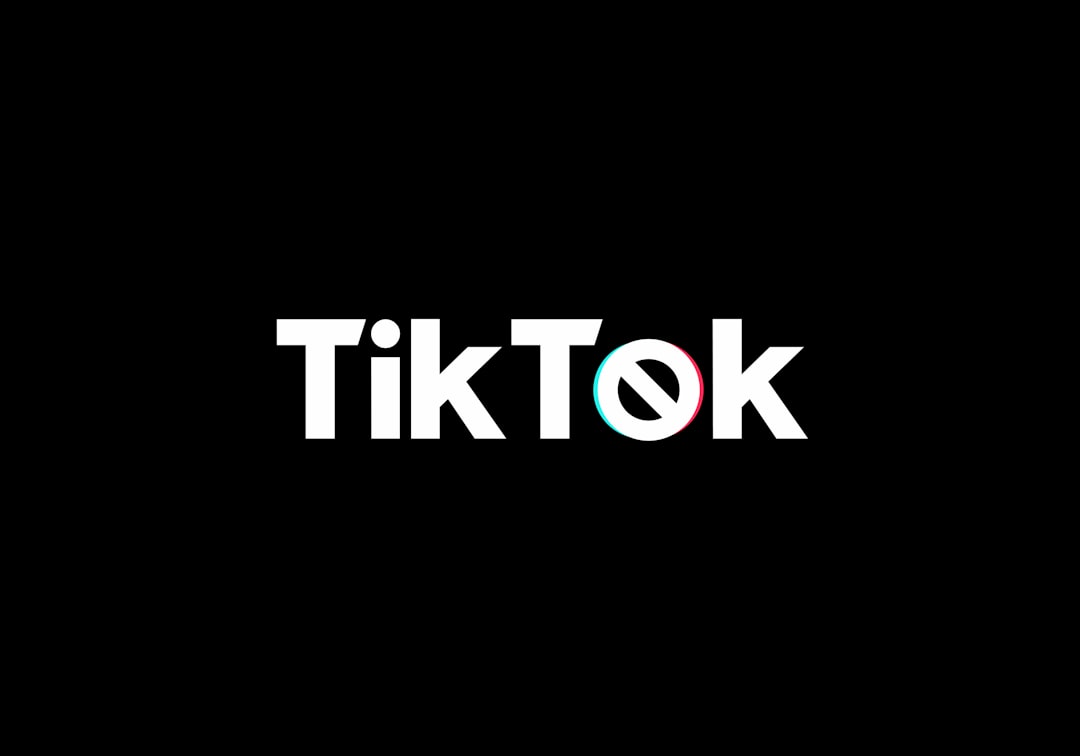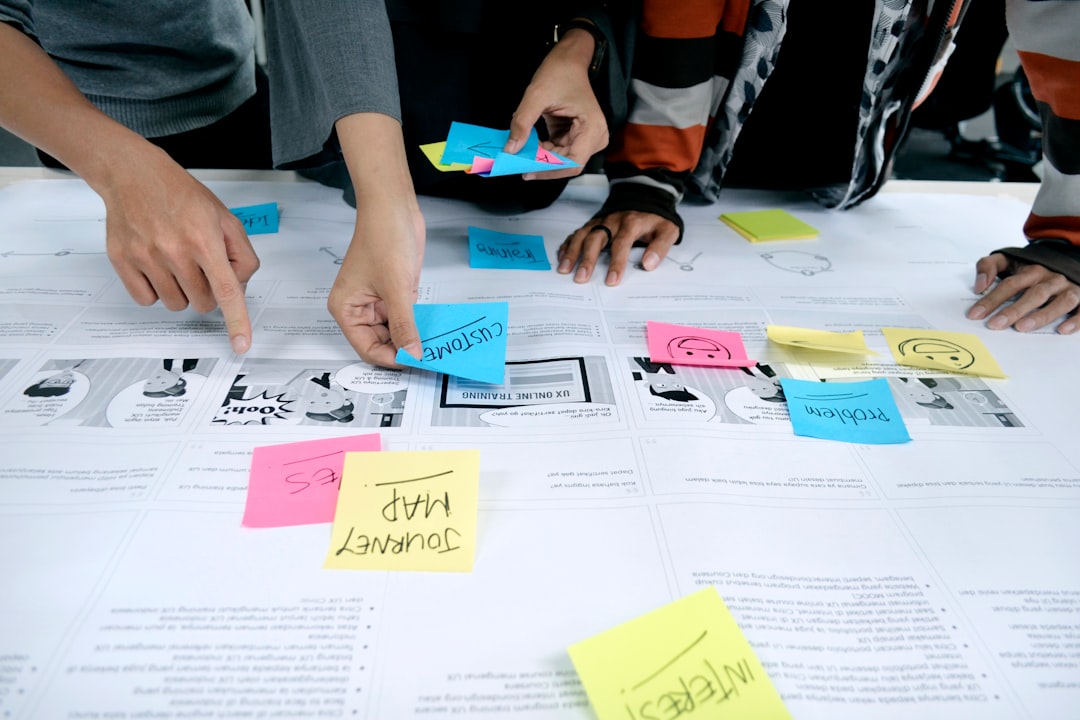Artificial intelligence (AI) is no longer a futuristic idea reserved for science fiction novels. In the world of business, and especially in the sphere of project management software, AI is already transforming how teams plan, execute, and deliver projects. From intelligent scheduling to predictive analytics, AI is enhancing productivity and reshaping the responsibilities of project managers around the globe.
The Role of AI in Modern Project Management
Project management traditionally involves a balance of tracking timelines, delegating tasks, managing team performance, and ensuring alignment with strategic goals. With AI, much of the manual oversight and routine decision-making is being streamlined or automated. This shift frees up project managers to focus on strategic thinking, problem-solving, and communication.
Some areas where AI is making the most impact include:
- Automated resource allocation
- Smart scheduling and timeline estimation
- Predictive analytics and risk forecasting
- Sentiment analysis in team communication
- Natural language processing for instant reporting

AI-Powered Scheduling and Time Management
One of the most labor-intensive tasks for project managers is scheduling. AI algorithms can now analyze historical data, current workload, and even employee performance indicators to generate optimized project timelines. Instead of spending hours adjusting Gantt charts, managers receive intelligent suggestions for task assignments, critical path identification, and even potential roadblocks before they occur.
Tools like Microsoft Project, Asana, and Monday.com are already integrating such AI functionalities. For example, predictive scheduling features can alert users when a deadline is likely to be missed and suggest steps to mitigate the delay, such as reallocating resources or adjusting deliverables.
Predictive Analytics: Looking Into the Future
Perhaps one of AI’s most promising applications in project management software is in predictive analytics. By analyzing past project data, AI systems can now detect patterns and forecast outcomes with surprising accuracy. This includes
- Budget risks: Flagging projects that are likely to exceed their financial limits
- Timeline delays: Identifying which tasks are prone to bottlenecks
- Team performance: Evaluating how team dynamics impact productivity
This doesn’t just help in achieving KPIs—it allows companies to be proactive rather than reactive. When a project management tool can predict that a delay is likely unless more resources are added, it provides a competitive advantage that’s hard to ignore.
AI and Natural Language Processing (NLP)
AI integrations in project management software increasingly rely on Natural Language Processing (NLP) to help understand unstructured input—a critical development for gathering status updates, drafting reports, and managing communication. Modern tools can now take a body of text—like a team meeting transcript or a Slack thread—and extract action items, summarize project updates, or even adjust project timelines accordingly.
For example, an AI assistant can passively monitor project discussions to detect sentiment and engagement levels. If the system senses a drop in morale or confusion about a specific task, it can alert the manager for intervention. This not only improves communication but also highlights issues that might otherwise go unnoticed.

Automated Resource Management
AI is also revolutionizing how we allocate resources on a project. Traditional systems often rely on manual inputs or static metrics to match resources with tasks, but AI can analyze a range of data points—such as competence, availability, productivity trends, and even workload balance—to make optimal assignments. This ensures better utilization and reduces downtime across teams.
Moreover, the best AI systems consider not just hard skills, but also soft dynamics like how well a person collaborates with others. This could lead to stronger team synergy and, ultimately, more successful project outcomes.
Improved Decision-Making Through Real-Time Dashboards
AI enables real-time dashboards that go beyond static project statuses. These dashboards are interactive, often featuring visualizations that predict project trajectories. By highlighting deviations and estimating their impact, project managers can make fast, informed decisions based on data instead of intuition.
Real-time dashboards supported by AI inputs are particularly beneficial for large, complex projects where changes happen frequently. A single snapshot can help stakeholders see the entirety of a project’s health—including risks, trends, and opportunities—in seconds.
Human-AI Collaboration: A New Era for Project Managers
It’s important to stress that AI isn’t replacing project managers—it’s empowering them. The tools now available provide greater clarity, smarter suggestions, and faster automation, allowing managers to lead with more strategic intent. This collaborative human-AI model improves outcomes not by removing the human element, but by enhancing it.
Consider AI as a highly skilled digital assistant. It analyses data 24/7, never gets tired, and constantly learns from mistakes and successes. Managers, meanwhile, are still the guiding force who make the final calls, inspire teams, and adapt to unexpected challenges. The two working together create not just effective projects, but a more resilient workflow culture.
Popular AI-Driven Project Management Tools
A growing number of platforms are integrating AI capabilities to remain competitive and deliver added value to users. Here are some of the most notable ones:
- ClickUp: Uses AI to generate tasks, summaries, and optimize timelines
- Wrike: Offers AI-based workload balancing and risk detection
- Jira: Integrates smart project tracking and bug prioritization using AI
- Smartsheet: Implements machine learning models for better task tracking and predictions
- Monday.com: Includes AI assistants to automate repetitive actions and create smarter workflows
Challenges and Limitations to Consider
While AI introduces a host of advantages, it’s not without its challenges. For example:
- Data quality: AI requires clean and plentiful data to function effectively
- Adoption curve: Teams may need training to trust and properly use AI features
- Overreliance: It’s important that AI complements rather than dictates decision-making
Additionally, privacy and compliance will remain hot-button issues as AI tools collect more granular user data in an effort to offer smarter suggestions. Organizations must stay vigilant about how AI is deployed and ensure transparency in its operations.
The Road Ahead for AI in Project Management
AI is dramatically altering the project management landscape, and it’s only the beginning. As machine learning algorithms become more sophisticated and natural language processing improves, we will likely see even greater convergence between strategic planning and operational execution.
In the future, AI could potentially:
- Generate entire project plans based on minimal input
- Negotiate scope and workload trade-offs in real time with team members
- Simulate project scenarios to assess possible risks and solutions
By embracing these technologies today, forward-thinking organizations are positioning themselves for tomorrow’s success. The combination of AI and human intelligence is creating a new project management paradigm—one where agility, insight, and innovation become the norm rather than the exception.

In conclusion, artificial intelligence isn’t just a nice-to-have addition to project management software—it’s becoming a central driving force. From predictive analytics to smarter collaboration, AI is helping teams reach new levels of efficiency and success. And as the technology continues to evolve, so too will the possibilities for what we can achieve in the world of project management.


